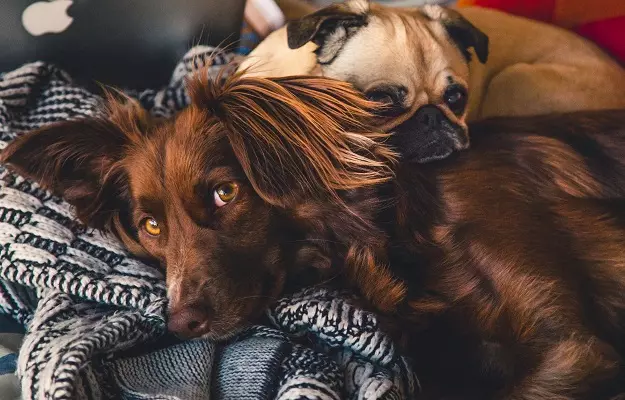Most of the coronavirus diseases have spread from animals to humans. Severe acute respiratory syndrome (SARS) and the Middle East respiratory syndrome (MERS) are caused by coronaviruses that began in animals and then spread to people. COVID-19 is also believed to have originated from bats in the exotic animal markets in Wuhan, China. However, since then the virus has been spreading through human-to-human transmission across the globe.
People are anxious and worried about themselves and their loved ones. They want to take every possible preventive measure that can protect them from the COVID-19 infection. Because of this anxiety, many people have developed a notion that their pets may get the virus and infect them resulting in more and more people abandoning their pets.
It is heartbreaking to see people leaving these speechless beings on the streets to die. Here in this article, we will tell you if your pets can get affected or can transmit COVID-19 infection.


































